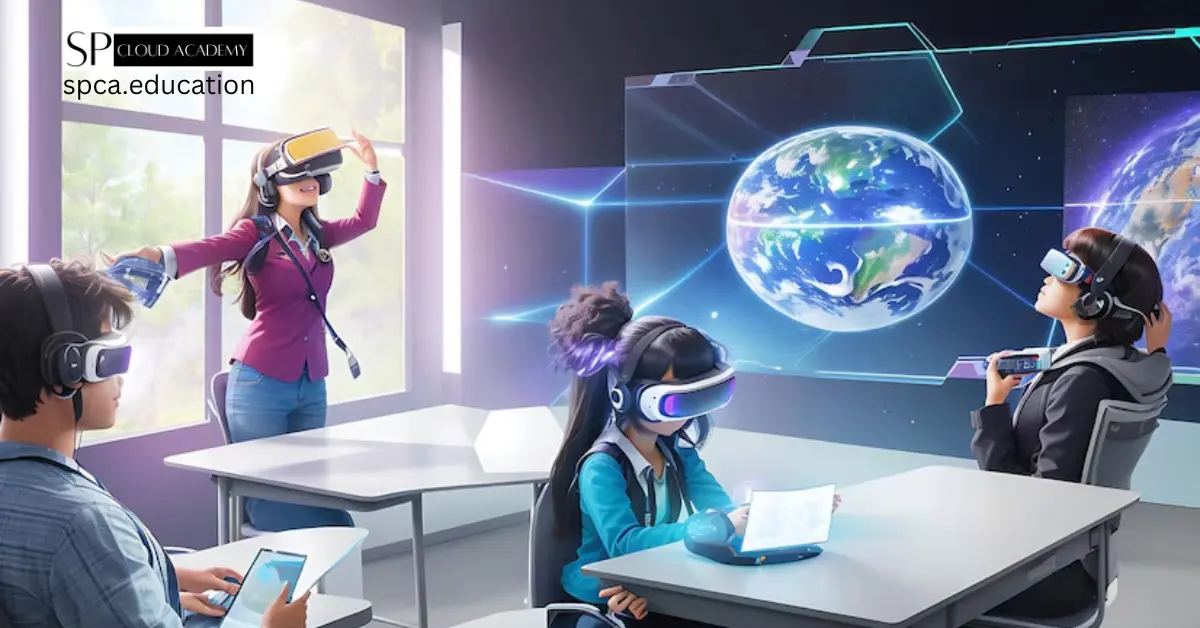Introduction
Definition of Education 4.0
Education 4.0 is an innovative framework that reimagines traditional educational paradigms to meet the demands of the Fourth Industrial Revolution. Unlike previous educational models, which often focused on rote learning and standardized testing, Education 4.0 emphasizes personalized, flexible, and technology-enhanced learning experiences. It aims to prepare learners for a rapidly changing world by fostering critical thinking, creativity, and lifelong learning.
Importance of Education 4.0 in the Modern World
In a world increasingly driven by technological advancements and digital transformation, the traditional education system falls short in equipping students with the necessary skills for future success. Education 4.0 addresses this gap by integrating cutting-edge technologies and innovative teaching methodologies. It not only enhances the learning experience but also aligns educational outcomes with the needs of the modern workforce, thus playing a crucial role in global economic development.
Evolution from Education 1.0 to 4.0
Education has undergone significant transformations over the centuries:
- Education 1.0: Characterized by the classical approach of teacher-centered instruction and passive learning. Knowledge was transmitted from teacher to student with little interaction.
- Education 2.0: Marked by the introduction of progressive education, which emphasized active learning and student participation. The use of textbooks and the blackboard became prevalent.
- Education 3.0: Integrated digital tools and the internet, promoting collaborative learning and access to vast information resources. This phase also saw the rise of online learning platforms.
- Education 4.0: Builds on previous advancements by embedding technologies such as artificial intelligence (AI), virtual reality (VR), and adaptive learning systems to create a more personalized and immersive learning experience.
Core Principles of Education 4.0
Student-Centered Learning
At the heart of Education 4.0 is the shift from teacher-centered to student-centered learning. This approach prioritizes the needs, interests, and abilities of students, allowing them to take an active role in their education. Personalized learning paths and flexible curriculums enable students to learn at their own pace and in ways that suit their individual learning styles.
Lifelong Learning
Education 4.0 recognizes that learning is a continuous process that extends beyond formal education. It encourages lifelong learning by providing opportunities for ongoing skill development and knowledge acquisition. This principle is vital in a world where new technologies and methodologies are constantly emerging.
Flexible and Blended Learning
Education 4.0 leverages a blend of traditional face-to-face instruction and online learning to offer a more flexible and accessible education. Blended learning environments cater to diverse learning needs and schedules, making education more inclusive.
Emphasis on Skills over Content
Rather than focusing solely on content delivery, Education 4.0 places a greater emphasis on developing essential skills such as critical thinking, problem-solving, collaboration, and digital literacy. These skills are crucial for success in the modern workforce and personal growth.
Technological Integration
Role of Technology in Education 4.0
Technology is a cornerstone of Education 4.0, facilitating innovative teaching methods and enhancing the learning experience. It enables personalized learning, provides access to a wealth of information, and supports interactive and engaging educational practices.
Digital Classrooms
Digital classrooms are central to the Education 4.0 framework. They utilize online platforms, digital tools, and resources to create an interactive and dynamic learning environment. Students can access lectures, assignments, and collaborative projects from anywhere, fostering a more inclusive and flexible educational experience.
Virtual and Augmented Reality
Virtual reality (VR) and augmented reality (AR) are transformative technologies in Education 4.0. VR can immerse students in realistic simulations and virtual environments, while AR overlays digital information onto the real world. These technologies enhance experiential learning and provide unique opportunities for exploring complex concepts and environments.
Artificial Intelligence and Machine Learning in Education
Artificial intelligence (AI) and machine learning (ML) are revolutionizing education by providing personalized learning experiences and real-time feedback. AI-powered systems can adapt to individual learning styles, track progress, and identify areas for improvement. These technologies also support administrative tasks, making educational institutions more efficient.
Personalized Learning
Customizable Learning Paths
Personalized learning paths are a key component of Education 4.0. These paths allow students to progress at their own pace and follow a curriculum tailored to their interests and abilities. Adaptive learning technologies adjust content and assessments based on individual performance, ensuring that each student receives the appropriate level of challenge and support.
Adaptive Learning Technologies
Adaptive learning technologies use algorithms to analyze student data and provide personalized recommendations. These systems can identify strengths and weaknesses, suggest resources, and adjust learning activities in real-time. This personalized approach helps to engage students and improve learning outcomes.
Importance of Learning Analytics
Learning analytics involves the collection and analysis of data related to student performance and behavior. By leveraging learning analytics, educators can gain insights into student progress, identify at-risk students, and tailor interventions to support individual needs. This data-driven approach enhances the effectiveness of personalized learning.
Case Studies of Personalized Learning Success
Several educational institutions have successfully implemented personalized learning models. For example, Summit Public Schools in the United States use a personalized learning platform that allows students to set goals, track progress, and receive personalized feedback. This approach has resulted in improved student engagement and academic achievement.
Collaborative Learning Environments
Importance of Collaboration in Education 4.0
Collaboration is a fundamental aspect of Education 4.0, reflecting the interconnected nature of the modern world. Collaborative learning environments encourage students to work together, share ideas, and solve problems collectively. This approach helps to develop teamwork, communication, and leadership skills.
Tools and Platforms for Collaborative Learning
A variety of tools and platforms support collaborative learning in Education 4.0. Online collaboration tools such as Google Workspace, Microsoft Teams, and Slack enable students to work together on projects, communicate in real-time, and share resources. Learning management systems (LMS) like Moodle and Canvas also offer features for group work and collaboration.
Real-World Applications of Collaborative Projects
Collaborative projects in Education 4.0 often involve real-world applications, allowing students to tackle practical problems and develop solutions. For example, students might work on sustainability projects, develop business plans, or create technological innovations. These projects provide valuable hands-on experience and prepare students for future careers.
Case Studies of Effective Collaborative Learning
One notable example of effective collaborative learning is the project-based learning model used by High Tech High in San Diego. Students work on interdisciplinary projects that address real-world issues, fostering collaboration and critical thinking. This approach has been shown to enhance student engagement and academic performance.
Skills for the Future
Critical Thinking and Problem-Solving
Critical thinking and problem-solving are essential skills in Education 4.0. These skills enable students to analyze complex issues, evaluate information, and develop innovative solutions. Education 4.0 fosters these abilities through inquiry-based learning, real-world problem-solving activities, and interdisciplinary projects.
Creativity and Innovation
Creativity and innovation are highly valued in the modern world, and Education 4.0 emphasizes their development. By encouraging students to think outside the box, take risks, and explore new ideas, this framework nurtures creative potential and prepares students for careers in fields such as technology, design, and entrepreneurship.
Digital Literacy
Digital literacy is a fundamental skill in the digital age. Education 4.0 ensures that students are proficient in using digital tools and technologies, understanding digital content, and engaging in safe and responsible online behavior. Digital literacy encompasses skills such as coding, data analysis, and digital communication.
Emotional and Social Intelligence
Emotional and social intelligence are crucial for personal and professional success. Education 4.0 integrates these competencies into the curriculum, helping students to develop self-awareness, empathy, and effective communication skills. Social-emotional learning (SEL) programs and activities promote the development of these abilities.
Curriculum Development
Designing a Curriculum for Education 4.0
Designing a curriculum for Education 4.0 involves integrating modern educational principles and technologies. The curriculum should be flexible, interdisciplinary, and focused on developing essential skills. It should also incorporate personalized and experiential learning opportunities to cater to diverse student needs.
Integration of Interdisciplinary Studies
Interdisciplinary studies are a hallmark of Education 4.0. By breaking down traditional subject boundaries, students can explore connections between different fields and apply knowledge in a holistic manner. This approach encourages critical thinking, creativity, and problem-solving.
Project-Based and Experiential Learning
Project-based and experiential learning are key components of the Education 4.0 curriculum. These methods engage students in hands-on activities, real-world projects, and experiential learning experiences. They provide practical applications of theoretical knowledge and foster a deeper understanding of subject matter.
Assessing Student Outcomes in Education 4.0
Assessment in Education 4.0 goes beyond traditional exams and grades. It includes a variety of methods such as formative assessments, project evaluations, peer reviews, and self-assessments. These diverse assessment techniques provide a comprehensive view of student learning and development.
Role of Educators
Shifting Role from Instructor to Facilitator
In Education 4.0, the role of educators shifts from being mere instructors to facilitators of learning. Educators guide and support students in their learning journeys, providing resources, feedback, and mentorship. This approach empowers students to take ownership of their learning and develop self-directed learning skills.
Professional Development for Educators
Professional development is crucial for educators to effectively implement Education 4.0. Training programs, workshops, and continuous learning opportunities help educators stay updated with the latest educational technologies and methodologies. This ongoing professional growth ensures that educators can provide high-quality, innovative instruction.
Challenges and Opportunities for Educators in Education 4.0
While Education 4.0 presents numerous opportunities for enhancing teaching and learning, it also poses challenges for educators. These challenges include adapting to new technologies, managing diverse student needs, and balancing traditional and modern teaching methods. However, with the right support and resources, educators can overcome these challenges and thrive in the Education 4.0 environment.
Challenges in Implementing Education 4.0
Technological Barriers
Technological barriers are a significant challenge in implementing Education 4.0. These barriers include limited access to digital devices, inadequate internet connectivity, and a lack of technological infrastructure. Addressing these issues requires investment in technology and efforts to bridge the digital divide.
Access and Equity Issues
Ensuring equitable access to Education 4.0 is a major concern. Disparities in resources, socioeconomic status, and geographic location can affect students’ access to quality education. Strategies to promote equity include providing affordable digital devices, improving internet access, and supporting underserved communities.
Resistance to Change
Resistance to change is a common obstacle in the transition to Education 4.0. Students, educators, and institutions may be hesitant to adopt new technologies and methodologies. Overcoming this resistance requires effective change management strategies, clear communication, and demonstrating the benefits of Education 4.0.
Overcoming Implementation Challenges
To successfully implement Education 4.0, it is essential to address the challenges proactively. This involves providing adequate training and support for educators, investing in technological infrastructure, promoting equity and access, and fostering a culture of innovation and continuous improvement.
Future Trends in Education 4.0
Predictive Trends in Education Technology
The future of Education 4.0 will be shaped by emerging technologies and innovative practices. Predictive trends include the increased use of AI and ML for personalized learning, the growth of VR and AR for immersive experiences, and the expansion of online and hybrid learning models.
The Role of Big Data in Education
Big data will play a crucial role in Education 4.0 by providing insights into student learning, engagement, and outcomes. Data analytics can inform curriculum design, teaching strategies, and personalized interventions, ultimately enhancing the effectiveness of education.
Emerging Technologies and Their Impact
Emerging technologies such as blockchain, 5G, and the Internet of Things (IoT) will further transform education. Blockchain can ensure secure and transparent credentialing, 5G will enhance connectivity and access to digital resources, and IoT will create smart learning environments that support interactive and data-driven education.
Preparing for the Future of Education
Preparing for the future of Education 4.0 involves embracing innovation, fostering a culture of continuous learning, and staying informed about technological advancements. Educational institutions, policymakers, and stakeholders must collaborate to create a flexible, inclusive, and forward-thinking education system.
Case Studies of Education 4.0 Implementation
Successful Implementations Globally
Numerous institutions around the world have successfully implemented Education 4.0 principles. For instance, Finland’s education system is renowned for its innovative approaches, including personalized learning, interdisciplinary studies, and a focus on critical thinking and creativity.
Lessons Learned from Various Institutions
Lessons learned from various institutions highlight the importance of leadership, collaboration, and a student-centered approach. Successful implementations often involve comprehensive planning, stakeholder engagement, and a commitment to continuous improvement.
Impact on Student Outcomes
Education 4.0 has been shown to positively impact student outcomes, including improved academic performance, higher engagement, and better preparedness for future careers. Personalized learning, collaborative projects, and experiential learning contribute to these positive results.
Best Practices for Adoption
Best practices for adopting Education 4.0 include providing professional development for educators, investing in technology, promoting equity and access, and fostering a culture of innovation. Institutions can also benefit from sharing experiences and learning from successful implementations globally.
Conclusion
Summary of Key Points
Education 4.0 represents a transformative approach to education, integrating modern technologies and innovative practices to create a personalized, flexible, and student-centered learning experience. It emphasizes the development of essential skills, lifelong learning, and the use of data and technology to enhance education.
The Future of Education 4.0
The future of Education 4.0 is promising, with emerging technologies and innovative practices continuing to shape the educational landscape. By embracing these changes, educational institutions can prepare students for success in a rapidly evolving world.
Call to Action for Stakeholders
Stakeholders, including educators, policymakers, and institutions, must work together to implement Education 4.0 effectively. This involves investing in technology, promoting equity, providing professional development, and fostering a culture of continuous improvement. By doing so, we can create an inclusive, innovative, and future-ready education system.
See Also
-
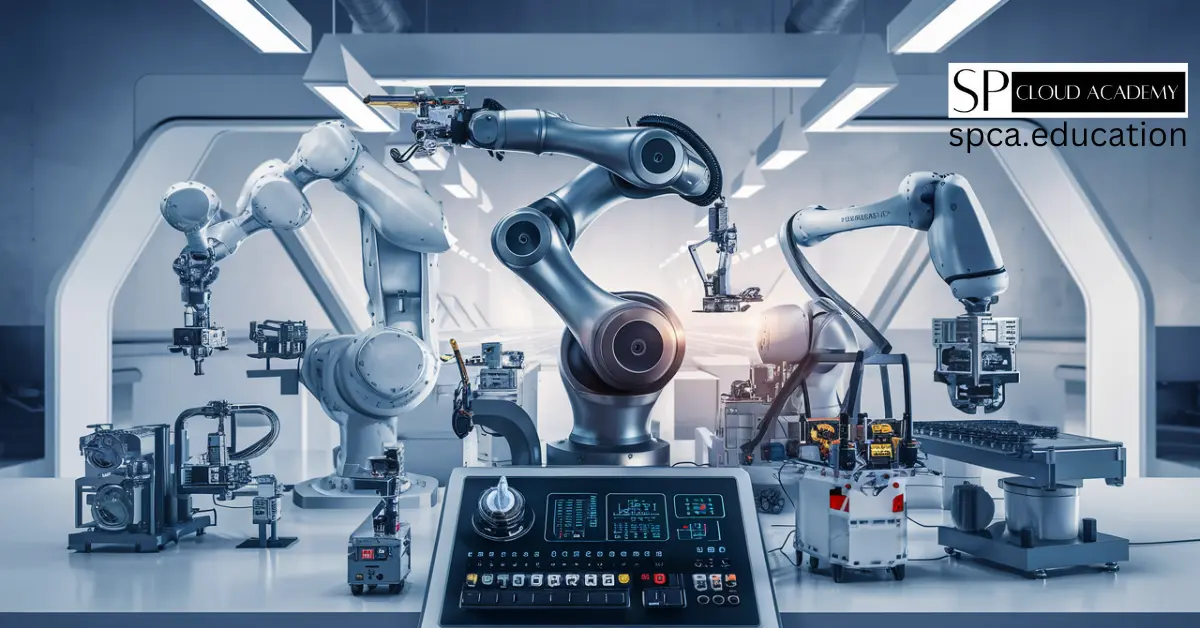
Robotic Process Automation: The Future of Work or The End of Jobs?
-
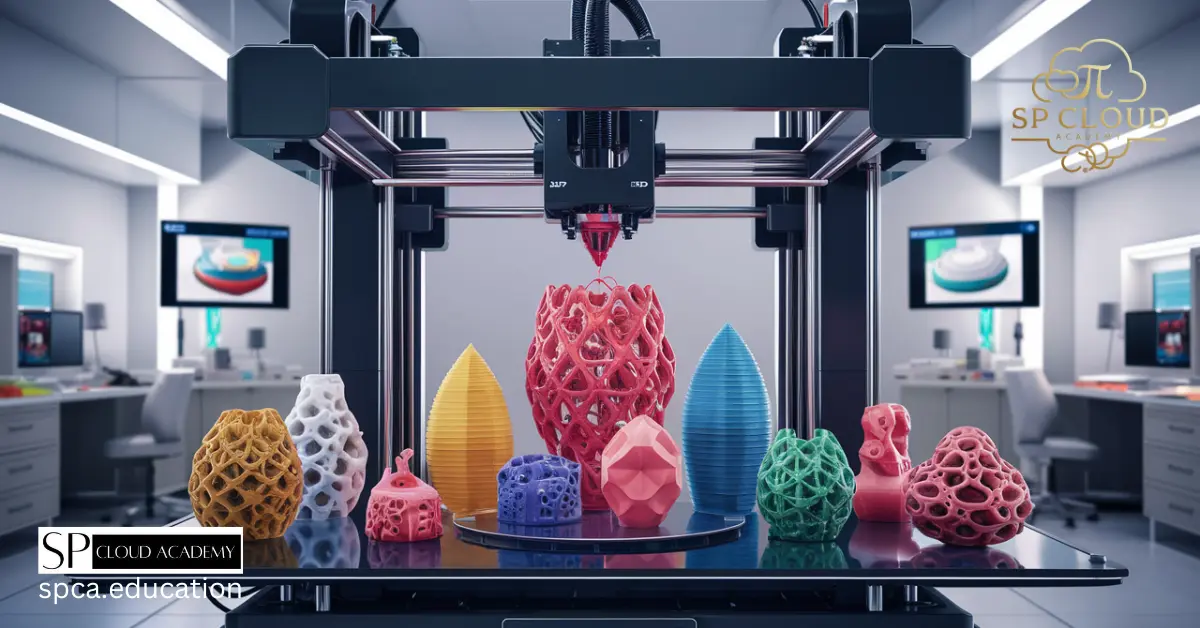
Revolutionizing Manufacturing: How 3D Printing is Changing the World
-

Generative AI and the New Era of Work: Are You Ready?
-
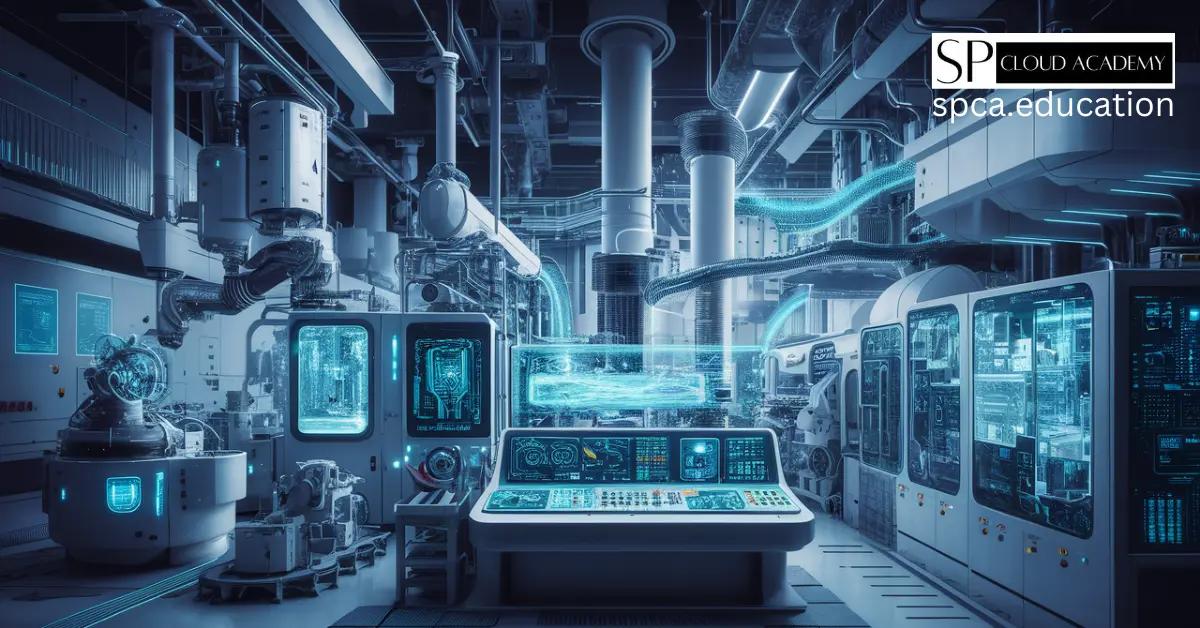
The Industrial Internet of Things (IIoT): The Backbone of Smart Factories and Industry 4.0
-
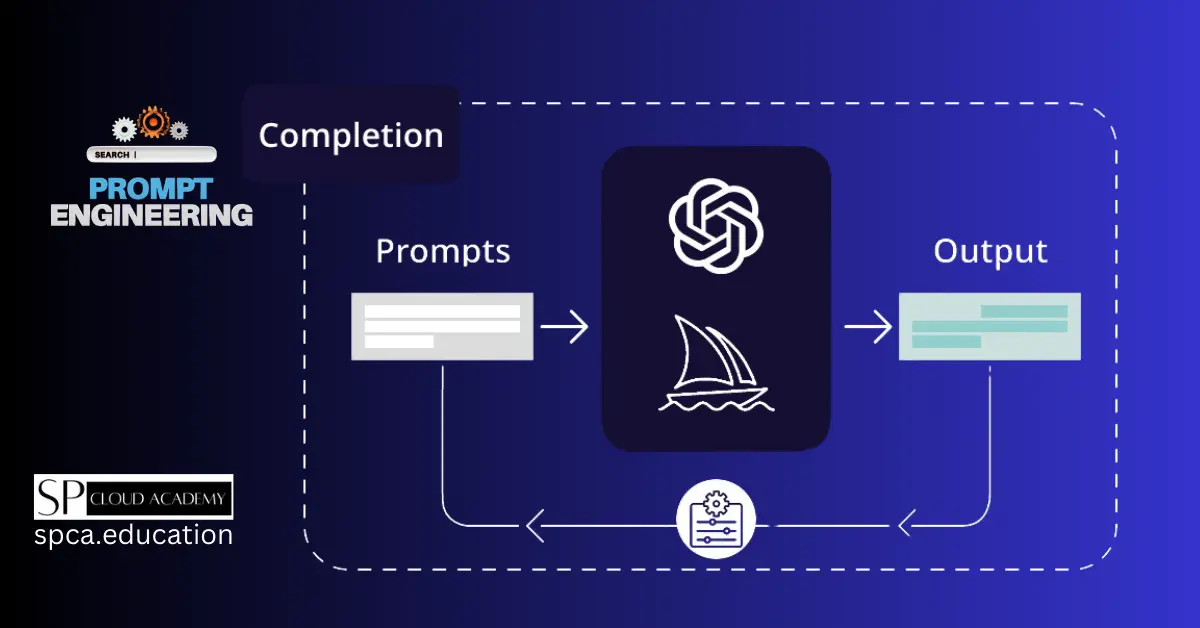
Master the Art of Prompt Engineering: Unlock ChatGPT’s Full Potential
-
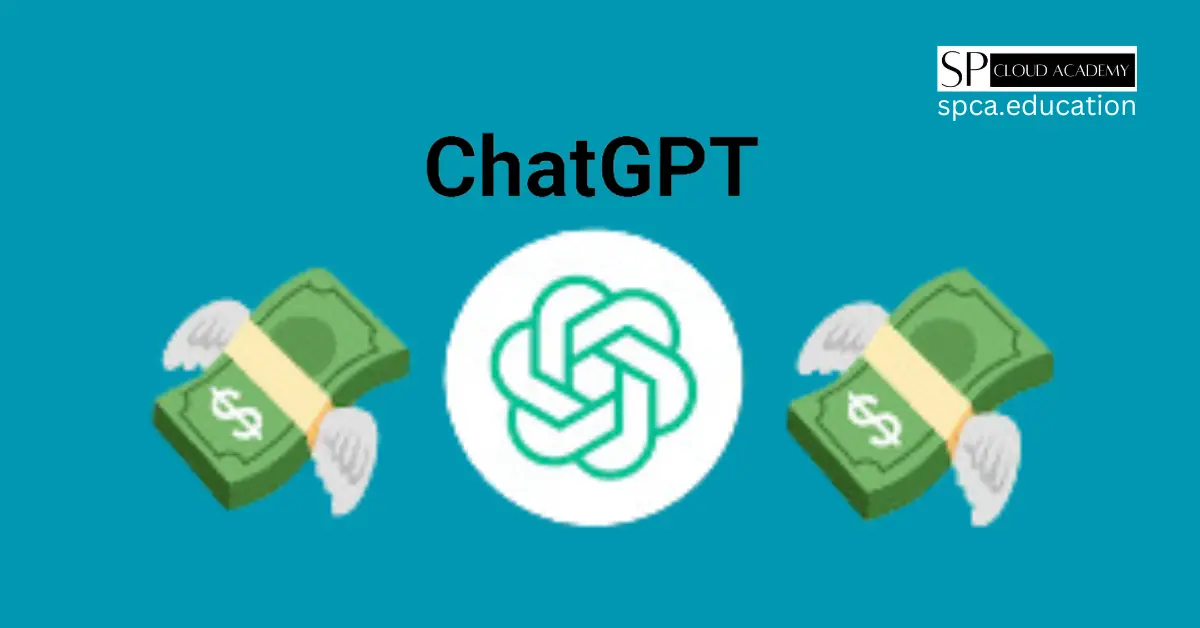
How to Make Money Online Using ChatGPT
